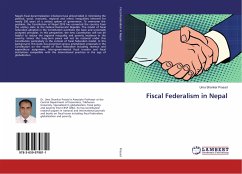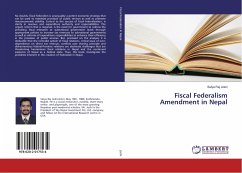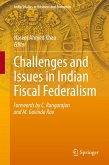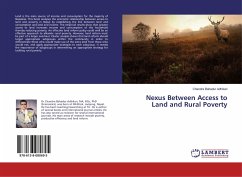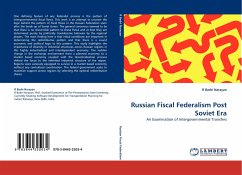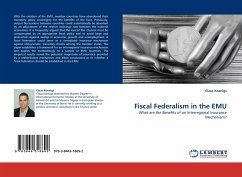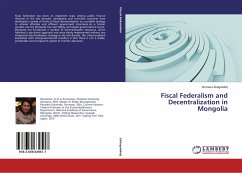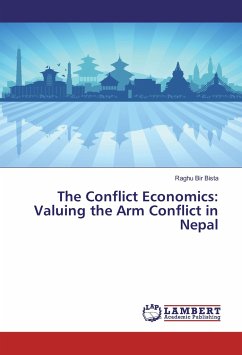Nepal's fiscal decentralization initiatives have almost-failed in minimizing the political, social, economic, regional and ethnic inequalities inherent for nearly 250 years of a unitary system of governance. To overcome the problem, the Constitution of Nepal 2015 has converted the country from the unitary state to the Federal Democratic Republic. The model of fiscal federalism adopted in the Constitution overlooks the basic and universally accepted principles. In this perspective, the new Constitution will not be helpful to reduce the regional inequality and poverty incidence in the country. Hence the long-term peace will not be restored under this Constitution particularly in the context of fiscal federalism model. In this background, this book has presented various amendment proposals in the Constitution on the model of fiscal federalism including revenue and expenditure assignment, inter-governmental fiscal transfer and fiscal institutions compatible with the international practices in the age of globalization.
Bitte wählen Sie Ihr Anliegen aus.
Rechnungen
Retourenschein anfordern
Bestellstatus
Storno

